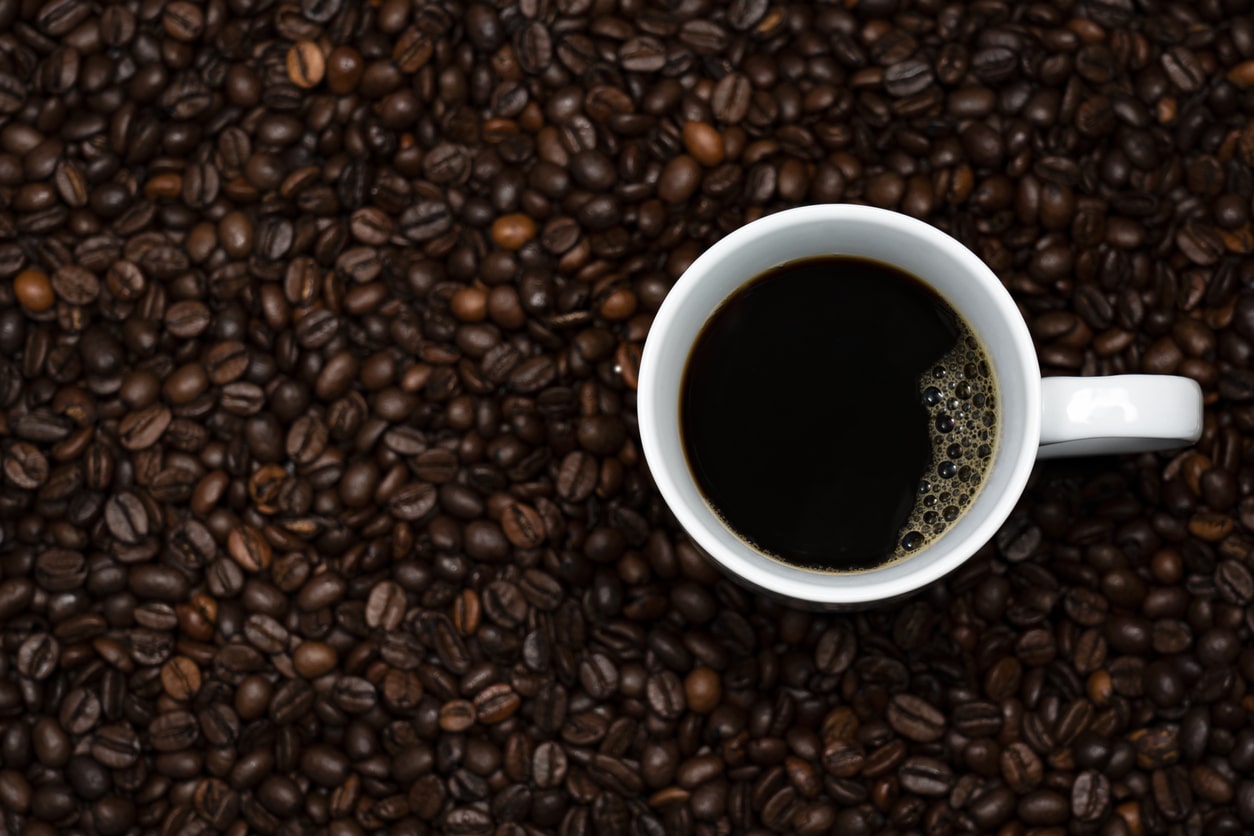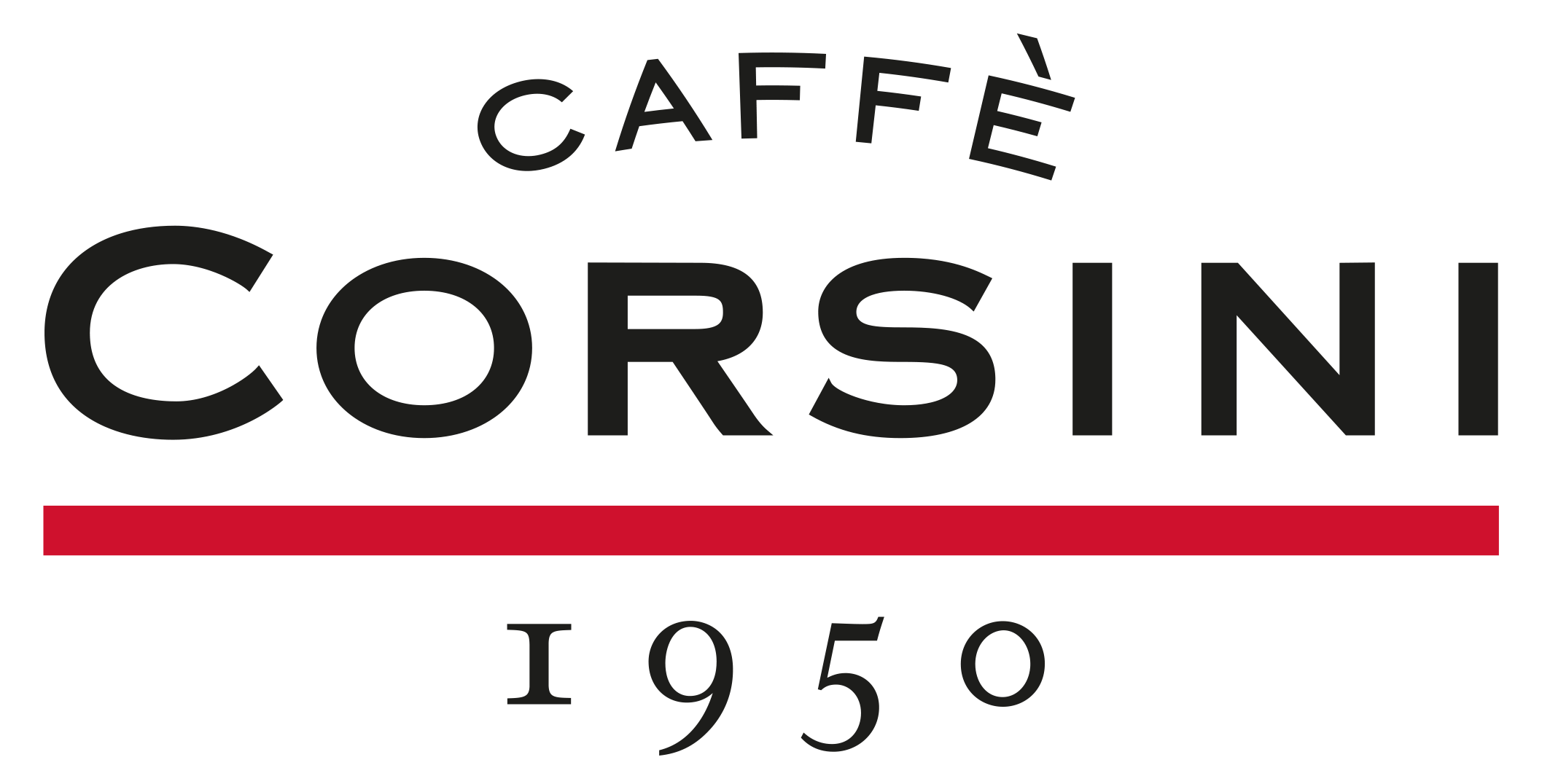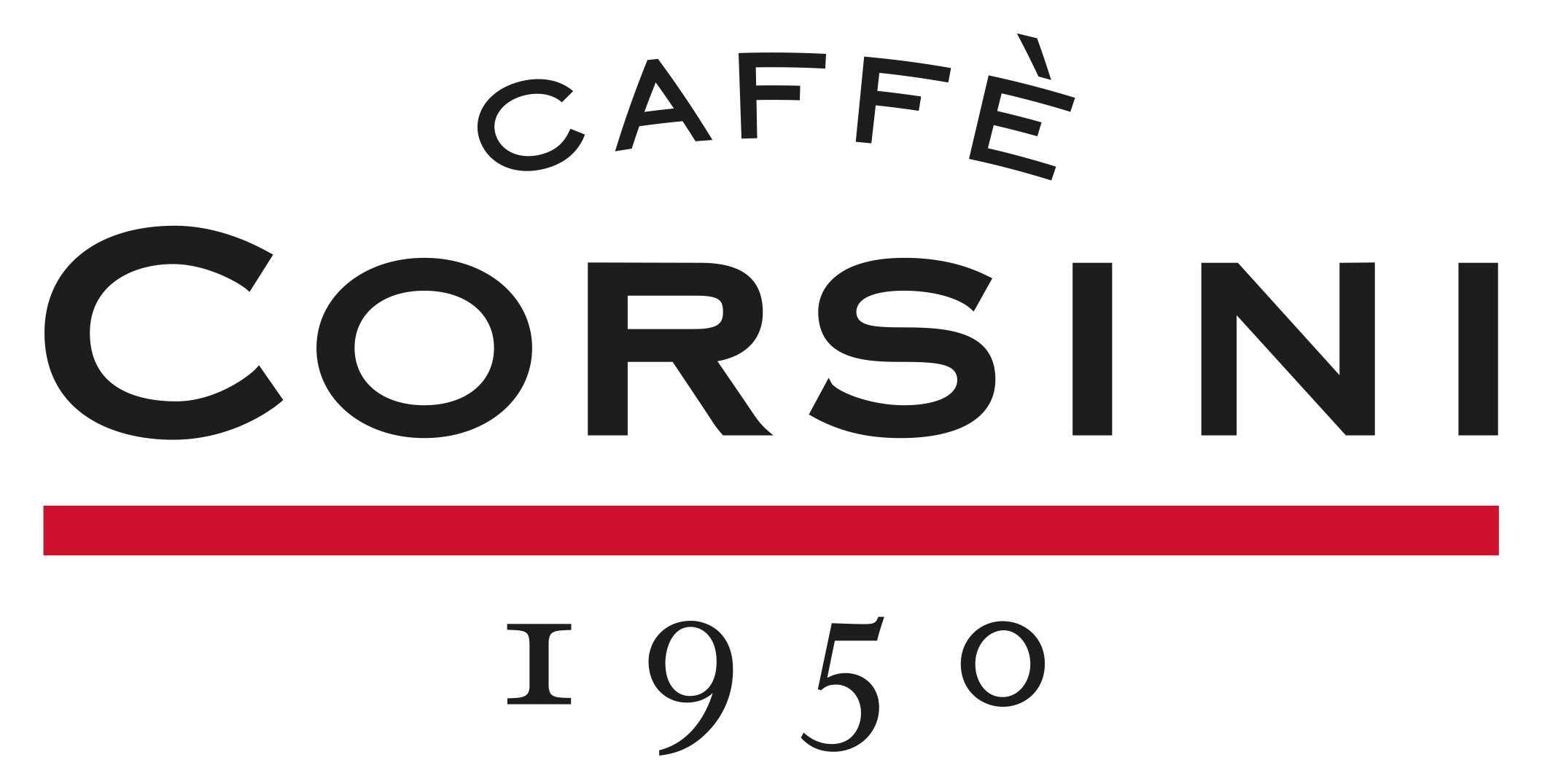
7 things you should know about decaffeinated coffee | Caffè Corsini
The world of coffee has many faces. One of these is decaffeinated coffee. If you´d like to know more about its characteristics and benefits, all you need to do is keep reading.
What is decaffeinated coffee?
We´ll start at the beginning with an explanation of what decaffeinated coffee is. The term refers to coffee from which practically all the caffeine has been removed. Looking at the detail, according to Italian law, the caffeine content must be less than 0.1%. For completeness, we remind you that this figure may change in other parts of the world.
That done, we can proceed to examine the process by which decaffeinated coffee is obtained.
How is decaffeinated coffee obtained?
How is decaffeinated coffee produced? Having clarified what is meant by decaffeinated coffee, we´ll look at the general details of the production process. The first fact is that the caffeine is extracted before the coffee is roasted, when the coffee is raw. How is it done? Here are the alternatives:
• Water;
• Carbon dioxide;
• Ethyl acetate;
• Dichloromethane.
Another important fact is that decaffeinated coffee beans are much more fragile than conventional coffee beans. This is because they undergo a process that has several steps. This means the roasting process for the raw coffee must be different to that of traditional coffee. To this end, it needs to be heated more gradually.
Why do many people prefer decaffeinated coffee?
Hands up if you have at least one friend or family member who always orders decaf? How did it get so popular? In the majority of cases, it´s a matter of necessity. Caffeine stimulates the central nervous system and can cause a number of side effects. Too much coffee - usually more than three cups - in some cases can cause tachycardia, nervousness and insomnia.
As a general rule, a healthy adult can consume approximately 400 mg of caffeine per day. Where there are specific risk factors, the intake should be reduced and the focus should be on decaffeinated coffee.
What´s the difference between decaffeinated and normal coffee?
What´s the difference between decaffeinated and normal coffee? As mentioned above, the main difference is the minimal amount of caffeine the latter contains. In terms of flavour, it´s undeniable that decaffeinated has a much less persistent slightly bitter aftertaste than normal coffee. Regardless of the physical aspects, this leads many people to choose the latter option for the flavour.
In terms of creaminess, as long as the blend is high quality, there´s no need for concern. Indeed, the result is very similar to traditional coffee. In this case, lightness on the palate is accompanied by robustness and body that will ensure no one who loves coffee will complain. Try it and see!
Is decaffeinated coffee bad for you?
As you can see, there are plenty of questions when it comes to decaf. For instance, some people ask if it´s bad for us. The answer is no. It doesn´t matter if we´re talking about decaffeinated coffee capsules or the classic cup at the bar: in every case the method of extracting the caffeine is more than safe.
And this is why - especially if the raw material is high quality - there´s absolutely nothing to worry about concerning the healthiness of decaffeinated coffee.
Buy Dolce Gusto Dek Capsules
What are the benefits of decaffeinated coffee?
What are the main benefits of decaffeinated coffee? Decaffeinated coffee actually has many benefits in common with traditional coffee: the presence of flavonoids, compounds with a potent antioxidant effect, noted for their ability to protect the organism from free radicals. What´s more, according to several studies, decaf coffee is more effective than conventional coffee in preventing serious metabolic conditions such as Type 2 diabetes.
With its reduced caffeine content, decaffeinated coffee can have an analgesic effect on headaches.
Decaffeinated coffee: how much to drink?
How much decaffeinated coffee can we drink in a day? There is no exact answer to this question; it all depends on the individual. What we can do is give a general estimate and point out that, due to the extremely reduced caffeine content, we can drink more than the 3 daily cups recommended for normal coffee. If in doubt, the best thing is to ask your doctor.
Do you want to discover all the magic of high-quality decaffeinated coffee? Thanks to the online shop of Caffè Corsini, one of Italy´s most respected coffee roasters, you can enjoy this wonderful experience.
There´s certainly no shortage of choice! If you´re looking for coffee beans, there´s 100% arabica, with a roasting profile that brings out notes of almond and milk chocolate.
Not to mention our light ground blend, and decaf coffee capsules compatible with Nespresso machines as well as brands like Brasilia, Lavazza, Kimbo, Daltio and SGL. In the latter case, the flavour is light and aromatic, and equally good as traditional coffee. That´s no surprise, as these are the special blends selected by Caffè Corsini!
What is decaffeinated coffee?
We´ll start at the beginning with an explanation of what decaffeinated coffee is. The term refers to coffee from which practically all the caffeine has been removed. Looking at the detail, according to Italian law, the caffeine content must be less than 0.1%. For completeness, we remind you that this figure may change in other parts of the world.
That done, we can proceed to examine the process by which decaffeinated coffee is obtained.
How is decaffeinated coffee obtained?
How is decaffeinated coffee produced? Having clarified what is meant by decaffeinated coffee, we´ll look at the general details of the production process. The first fact is that the caffeine is extracted before the coffee is roasted, when the coffee is raw. How is it done? Here are the alternatives:
• Water;
• Carbon dioxide;
• Ethyl acetate;
• Dichloromethane.
Another important fact is that decaffeinated coffee beans are much more fragile than conventional coffee beans. This is because they undergo a process that has several steps. This means the roasting process for the raw coffee must be different to that of traditional coffee. To this end, it needs to be heated more gradually.
Why do many people prefer decaffeinated coffee?
Hands up if you have at least one friend or family member who always orders decaf? How did it get so popular? In the majority of cases, it´s a matter of necessity. Caffeine stimulates the central nervous system and can cause a number of side effects. Too much coffee - usually more than three cups - in some cases can cause tachycardia, nervousness and insomnia.
As a general rule, a healthy adult can consume approximately 400 mg of caffeine per day. Where there are specific risk factors, the intake should be reduced and the focus should be on decaffeinated coffee.
What´s the difference between decaffeinated and normal coffee?
What´s the difference between decaffeinated and normal coffee? As mentioned above, the main difference is the minimal amount of caffeine the latter contains. In terms of flavour, it´s undeniable that decaffeinated has a much less persistent slightly bitter aftertaste than normal coffee. Regardless of the physical aspects, this leads many people to choose the latter option for the flavour.
In terms of creaminess, as long as the blend is high quality, there´s no need for concern. Indeed, the result is very similar to traditional coffee. In this case, lightness on the palate is accompanied by robustness and body that will ensure no one who loves coffee will complain. Try it and see!
Is decaffeinated coffee bad for you?
As you can see, there are plenty of questions when it comes to decaf. For instance, some people ask if it´s bad for us. The answer is no. It doesn´t matter if we´re talking about decaffeinated coffee capsules or the classic cup at the bar: in every case the method of extracting the caffeine is more than safe.
And this is why - especially if the raw material is high quality - there´s absolutely nothing to worry about concerning the healthiness of decaffeinated coffee.
Buy Dolce Gusto Dek Capsules
What are the benefits of decaffeinated coffee?
What are the main benefits of decaffeinated coffee? Decaffeinated coffee actually has many benefits in common with traditional coffee: the presence of flavonoids, compounds with a potent antioxidant effect, noted for their ability to protect the organism from free radicals. What´s more, according to several studies, decaf coffee is more effective than conventional coffee in preventing serious metabolic conditions such as Type 2 diabetes.
With its reduced caffeine content, decaffeinated coffee can have an analgesic effect on headaches.
Decaffeinated coffee: how much to drink?
How much decaffeinated coffee can we drink in a day? There is no exact answer to this question; it all depends on the individual. What we can do is give a general estimate and point out that, due to the extremely reduced caffeine content, we can drink more than the 3 daily cups recommended for normal coffee. If in doubt, the best thing is to ask your doctor.
Do you want to discover all the magic of high-quality decaffeinated coffee? Thanks to the online shop of Caffè Corsini, one of Italy´s most respected coffee roasters, you can enjoy this wonderful experience.
There´s certainly no shortage of choice! If you´re looking for coffee beans, there´s 100% arabica, with a roasting profile that brings out notes of almond and milk chocolate.
Not to mention our light ground blend, and decaf coffee capsules compatible with Nespresso machines as well as brands like Brasilia, Lavazza, Kimbo, Daltio and SGL. In the latter case, the flavour is light and aromatic, and equally good as traditional coffee. That´s no surprise, as these are the special blends selected by Caffè Corsini!
Blog posts

NEWS
Conciliazione Vita-Lavoro: Bando welfare aziendale Regione Toscana
Conciliazione Vita-Lavoro: Bando welf...
Read more


